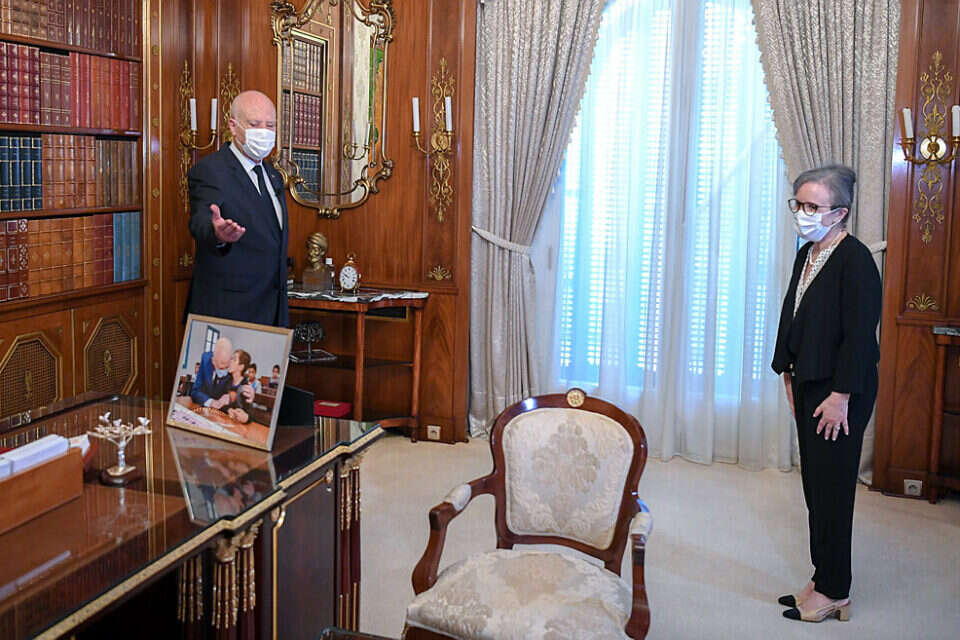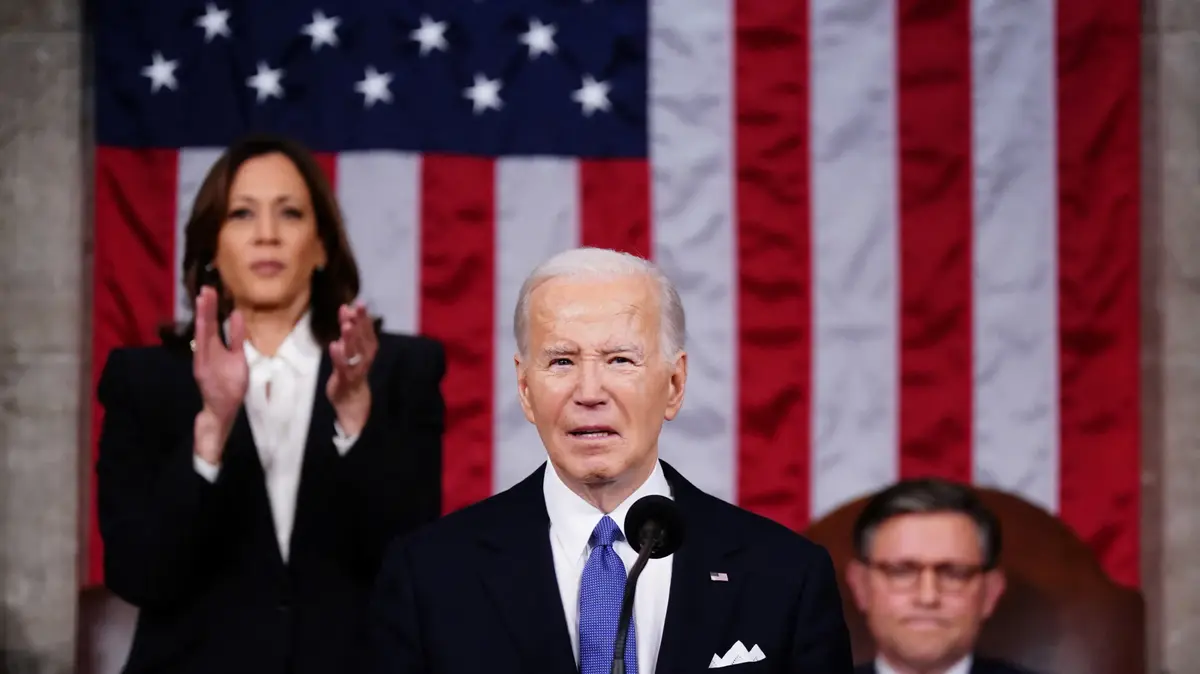About two weeks ago, something happened in Tunisia in particular and in the Arab world in general when President Sayyid appointed Najla Bowden Ramadan, an engineer and researcher who worked at the World Bank, as the first woman to head a government in the North African country.
With the appointment of Ramadan it was announced that the task of the new government would be to put an end to the corruption and chaos that had spread in a large part of the state institutions.
Ramadan has become the country's tenth prime minister since the ouster of authoritarian President Zayn 'Abd al-Ali in 2011, following a massive public protest in the country.
Although Ramadan does not actually head the state, President Said holds most of the executive power, but the high position held by the esteemed academic indicates, at least to some extent, a change in perception about the position of women in Arab society, and increasing willingness to accept women in senior positions in government. Throughout the Arab world.
While pro-democracy activists in Tunisia argue that the prime minister's gender identity is a distraction from the government, which seeks to produce a semblance of progressive rule while stifling public discourse in the country, appointing women to key positions has not missed other countries in the Arab world.
Perhaps the most surprising appointment, in this context, took place in Lebanon, which is on the verge of a political abyss.
Last year, Zaina Nakar was appointed Lebanon's defense minister.
This is a position that is considered "masculine" especially in many Western countries, not least in the Arab world.
Former Lebanese Defense Minister, Photo: imago images / photothek
The appointment of a barbarian came along with the appointment of five more women to the Lebanese cabinet of 20 ministers.
This is a high number of women in relation to Lebanese history and accepted in the Arab world.
Barren, like other cabinet members, is not a professional politician and has no background in the military and security fields and in her acceptance speech she focused on the need to dislodge corruption from the military and restore public confidence in the establishment.
Even in neighboring Syria, where the political apparatus is in a frozen bubble of the Ba'athist regime of the Assad family, one woman has managed to screw up to the summit thanks to unreserved loyalty to the Syrian president.
Bothina Shaaban, a senior adviser to Bashar al-Assad, a former minister and the outward smiling face of the regime, has increased her influence and power since the country’s civil war began.
The meteoric rise of the academic who holds a prestigious doctorate in English literature, began her friendship with Asma Assad, the president's wife, and has gained momentum due to being an exception in the political landscape in Syria, which includes mainly military personnel and party apparatus.
Also among the Palestinians, a new generation of women is replacing the old leadership women like Hanan Asrawi.
Prominent among them is Dr. Mai Kila. Kila is not only a political appointment but also a physician specializing in epidemiology and epidemics and she has become a symbol of the Palestinian Authority’s response to the corona plague.
It is difficult to see in the collection of women who have perceived senior positions in the Arab world as harbingers of greater change.
In the past, especially in the 1960s and 1970s, Arab socialism tried to promote ideas of women’s liberation and equality, but things remained mostly out of language and stressful.
But alongside the regression in relation to women's rights in large parts of the Arab world, social networks and the Internet have brought with them feminist voices and a sincere and genuine desire to represent fifty percent of the Arab world's population, in a way that has so far been avoided.









